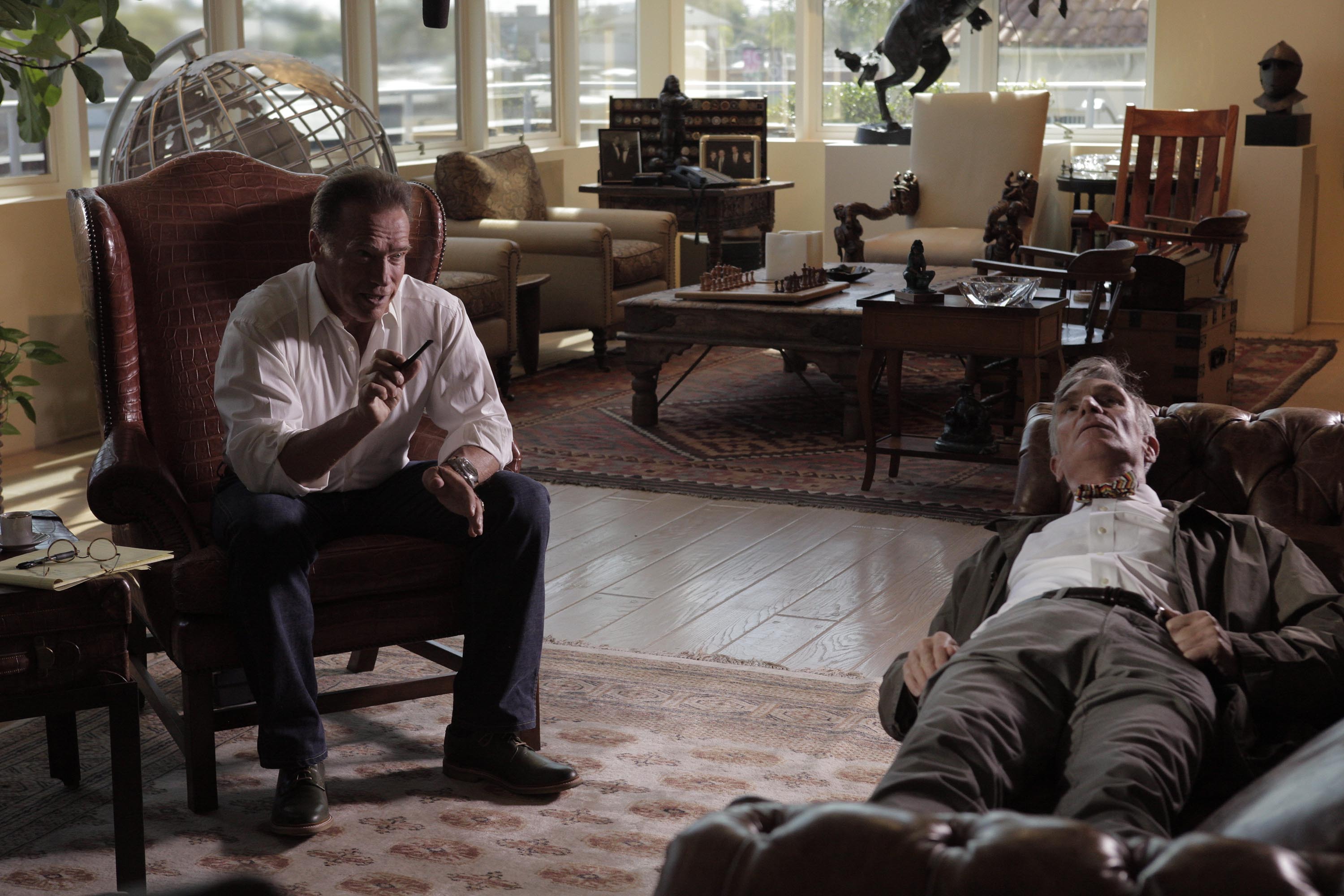I have never considered myself an advocate of the environment. However, I do little things such as reusing plastic bags, reusing plastic containers (and even making my work teammates to do the same), and keeping small later in my pockets or bag.
But, after watching Bill Nye (the science guy) get therapy from the governator on National Geographic, this made me realise that there is little time for us to act now, or face the eminent end of the world with a estimated 100 million (like the Philippine population) dead by the year 2030.
Did you hear me?
Dead by 2030! The apocalypse is near, and it is even worse than any zombie apocalypse.
In fact, there was an ecologist featured in the documentary who decide to leave his tenureship and live in New Mexico as he finds that the environment there can sustain him bit much after 2030. This is the same guy that predicted the 2030 end of the world.
So what is happening? How is climate change affecting us?
Climate change can see that the Philippines will sink. Parts of the Philippines will submerge, as in our country's sea levels is rising five times faster than the global average. Think about those at the fishing villages. Not concerned, okay? Think about Boracay, think about El Nido, think about Puerto Galera, and all your favourite beaches. Where then will you go for the summer? Where will you take your next selfie with that bikini bod?
People often fear that the sea levels are rising because of the rising temperature, making snow caps melt. One would think that more sea equals more fish right? Wrong! For a paper that I did for my MA studies, I found out that climate change can affect even the marine life.
As the temperature rises, so too is the temperature in the seas, and most marine life are not susceptible to hot weather. Probably why as deeper you go into the ocean, the colder it gets.
Climate change affects all of us. Your dog, the lion, or any of your spirit animals will be wiped out due to the gases that we emit.
What can you do?
1. Reduce, reuse and recycle
2. Don't waste water
3. Walk, especially if its just a short distance (plus it will also be good for you)
4. Let your wallet of the talking by buying environmentally products and not buying from companies with large carbon footprint.
5. Make suggestions. It might be through your company or even by writing to a local official.
Additional links:
http://channel.nationalgeographic.com/explorer/episodes/explorer-bill-nyes-global-meltdown/
http://www.telegraph.co.uk/culture/tvandradio/tv-and-radio-reviews/11998951/Explorer-Global-Meltdown-review.html


No comments:
Post a Comment